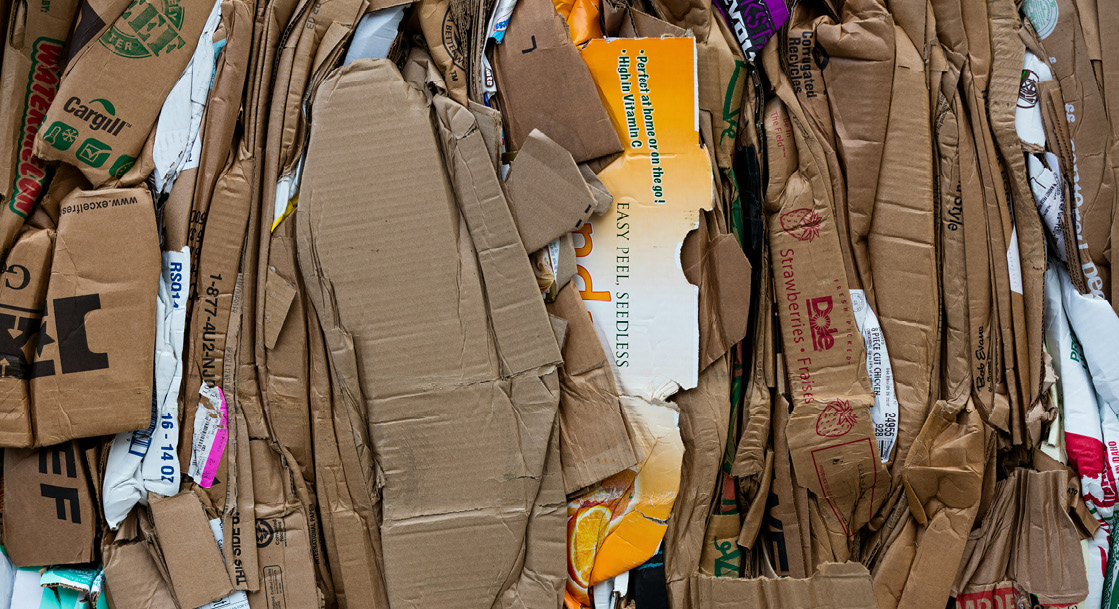Packaging waste is an increasing concern for industries, governments, and communities alike. The prevailing “take, make, waste” model is unsustainable, but reusable packaging offers a powerful alternative. While durable totes, containers, and pallets have been used in the business-to-business (B2B) sector for years, reusable packaging still represents less than 10% of the market. The reverse logistics industry, in particular, has untapped potential to profit from embracing new systems.
A key reason for the slow adoption is the disconnect between logistics providers and circular business models. Circular businesses see reverse logistics as a way to maximize resources—such as filling empty trucks with returns or reusable packaging—while many logistics companies view it as an additional, billable task, rather than a revenue opportunity. By better aligning with circular models, reverse logistics providers can turn empty truck space into a value-added service, transforming a perceived burden into a profitable income stream.

Many hands make light work
Searious Business, in collaboration with the Reusable Packaging Association (RPA), recently conducted a market analysis on reusable transport packaging for large household appliances (LHA). The next phase involves forming an exclusive consortium of industry partners to pilot the development of a viable business model for reusable packaging, starting with washing machines. This consortium will include multiple stakeholders along the value chain, as well as early-adopting customers, with a potential launch date of December 1st. For information on joining the consortium as a reverse logistics company, please contact Lia Huybrechts.
Here are 10 key reasons reverse logistics companies should adopt reusable packaging:
- Legislative Compliance: The EU Packaging and Packaging Waste Regulation (PPWR) mandates 100% reusable packaging for domestic transport by 2030, and 70% for cross-border shipments by 2040. Early adoption ensures compliance and gives companies a competitive edge.
- Maximized Supply Chain Efficiency: Reusable packaging improves logistics by eliminating the need for constant replacements, leading to fewer disruptions and a more efficient supply chain.
- Brand Loyalty and Customer Experience: Sustainability is a major differentiator. Adopting reusable packaging aligns logistics companies with customer values, fostering loyalty and deeper customer and partner relationships.
- Reduced Carbon Footprint: Reusable packaging significantly reduces disposable materials, leading to fewer carbon emissions. This is crucial for companies aiming to meet environmental goals and reduce Scope 3 emissions.
- Lower Costs: Though reusable packaging requires a higher upfront investment, it offers long-term cost savings. Companies save by avoiding the recurring costs associated with single-use packaging.
- Reduced Product Damage: Reusable packaging’s sturdier design helps prevent shifting, crushing, and breakage, ensuring products remain secure throughout reverse logistics processes, significantly reducing product damage during transit.
- Increased Worker Safety: Reusable packaging simplifies handling processes, reducing the need to break down single-use materials. This leads to faster workflows and fewer workplace injuries.
- Space Optimization: Reusable packaging is designed for efficient stacking and cargo space utilization. By maximizing truck loads, businesses reduce the number of trips required and cut transportation costs.
- Intelligent Data Gathering: Many reusable systems incorporate smart technology, offering data insights that help optimize logistics, prevent losses, and improve overall efficiency.
- Competitive Differentiation and Market Leadership: Early adoption of reusable packaging positions companies as pioneers in sustainability, setting eco-friendly standards that attract environmentally conscious clients and enhance brand image.

The global shift towards a circular economy offers significant opportunities for the reverse logistics industry. By recognizing the untapped potential in filling empty truck space with returns or reusable packaging, logistics companies can add billable services and boost profits. Reusable packaging isn’t just the eco-friendly choice—it’s a strategic business move that increases efficiency, reduces costs, and enhances customer loyalty. Join the “Bring It Back” movement and unlock these benefits today.
Emma serves as the Marketing and Communications Manager at Searious Business, a circular plastic agency based in the Netherlands. Dedicated to transforming the plastic industry from within, Searious Business is an impact-driven company, focused on preventing plastic pollution through upstream innovation. Their approach involves developing circular strategies, business modelling, facilitating value chain collaboration, and efficient implementation of resource recovery projects. Their ultimate goal is to drive systemic change on an international scale, guiding brands towards circular plastic use while maintaining a competitive edge.